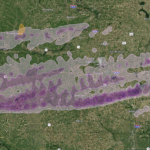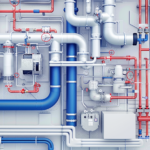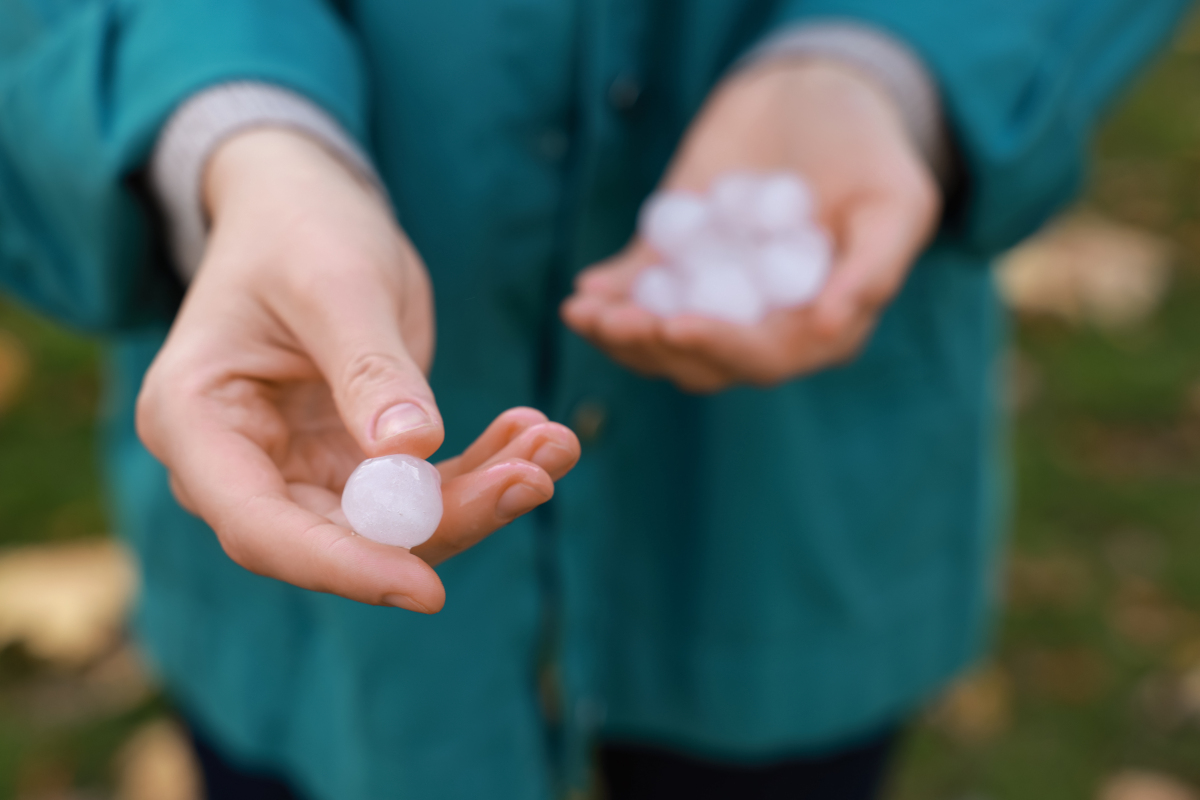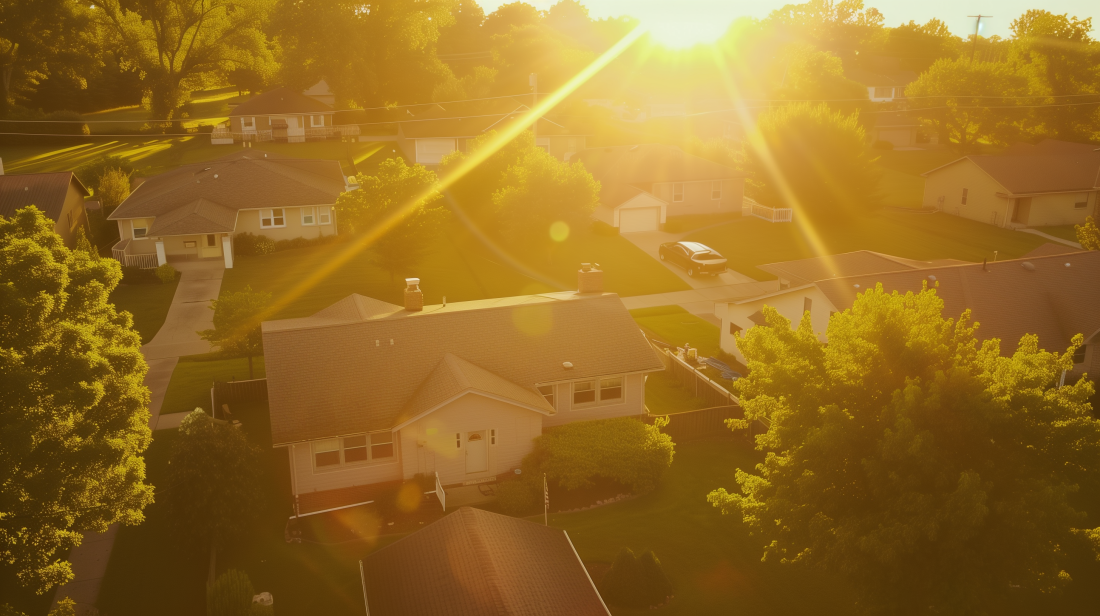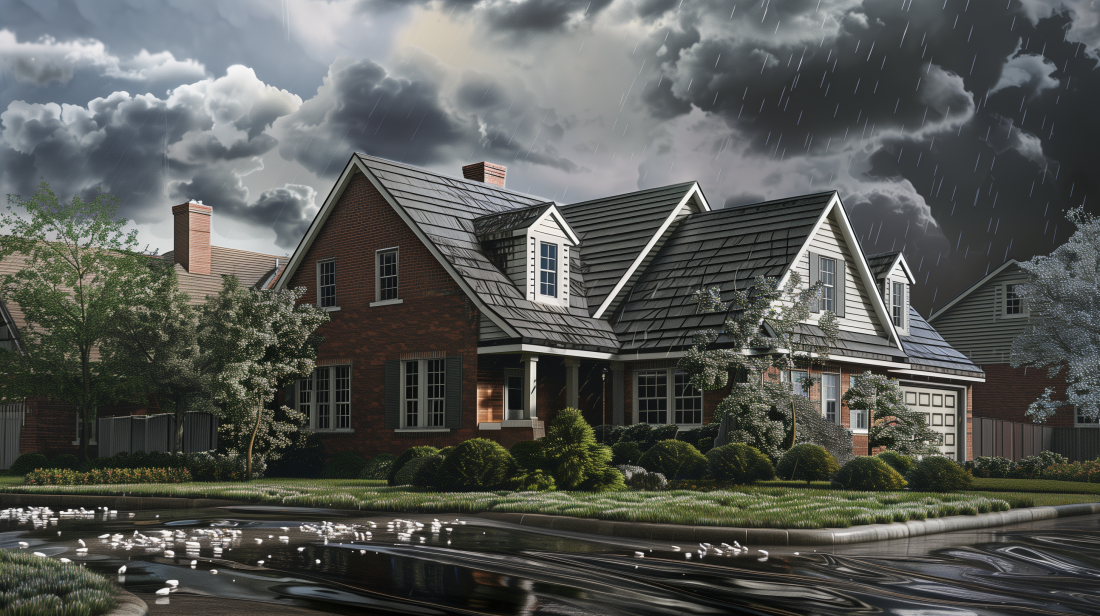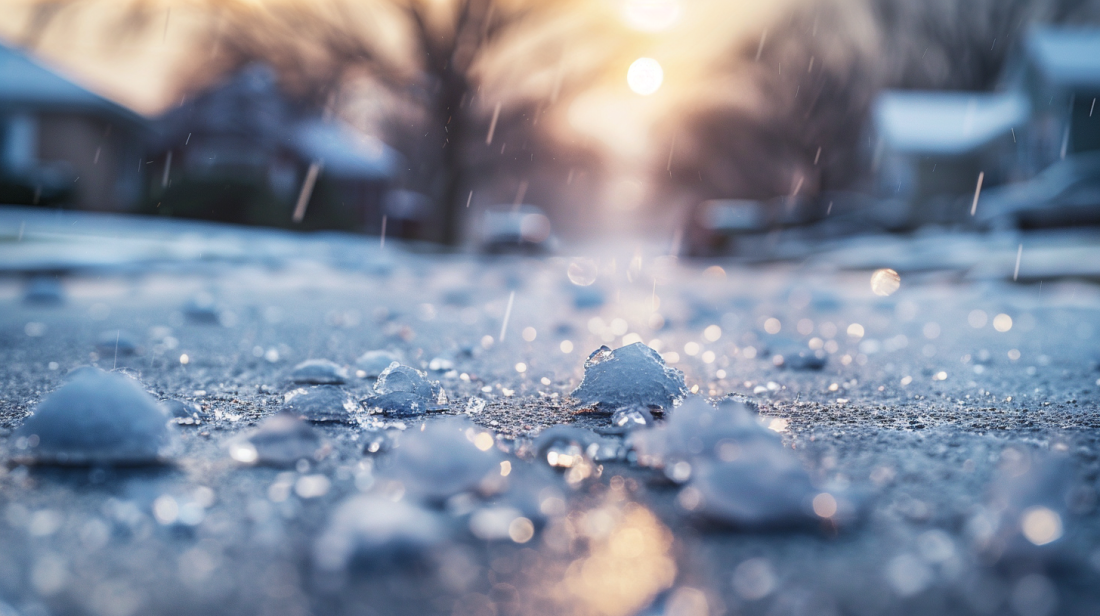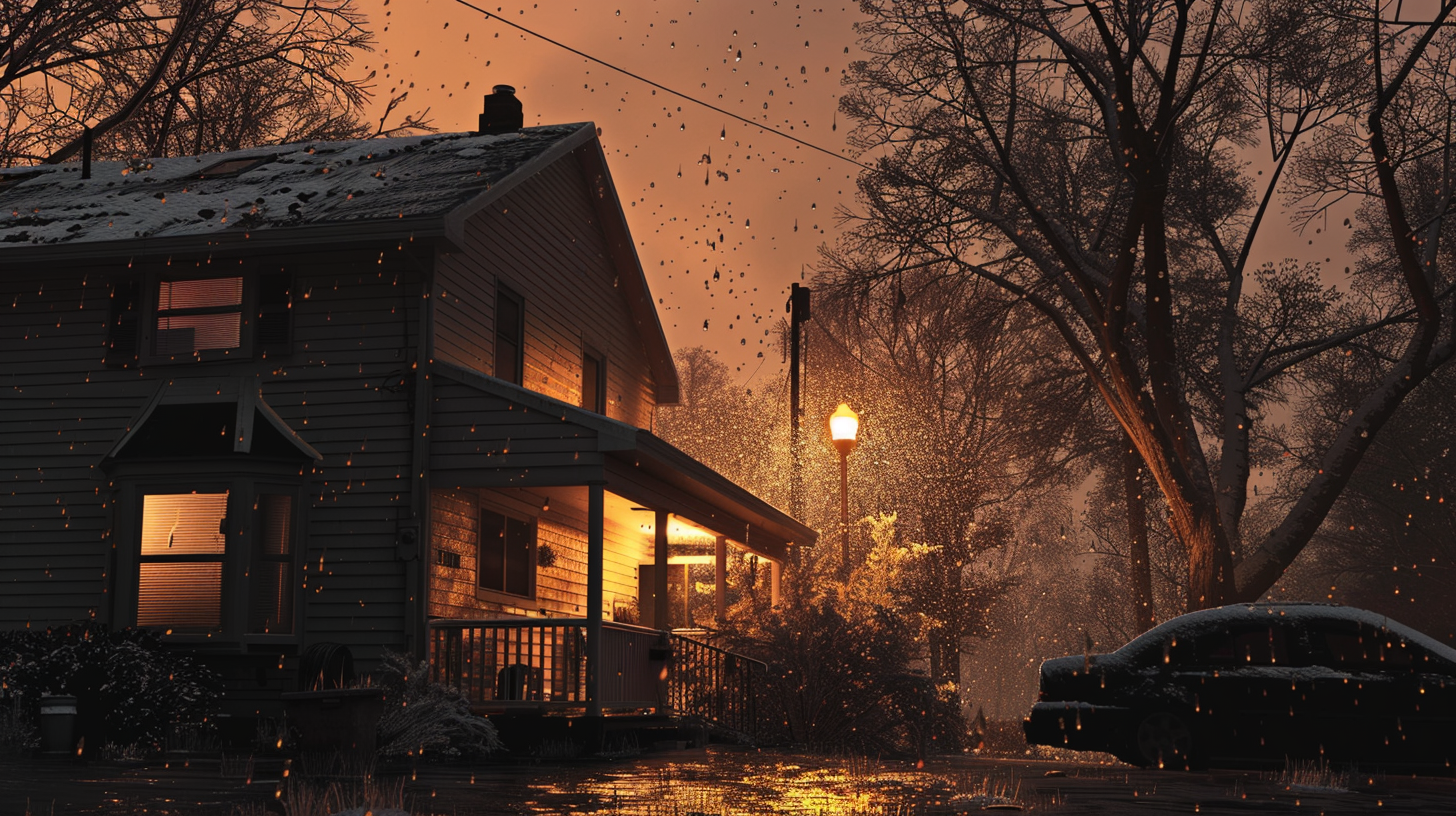Mother Nature can often deliver a blow when we least expect it. In Chicagoland, one such force comes in the form of hailstorms. As a homeowner or property manager in this region, understanding the science and data behind hail damage is critical. With this knowledge, you can mitigate damage and protect your investment more effectively.
The Science of Hail Formation
Hailstones originate in powerful thunderstorm clouds, particularly those with intense updrafts. These updrafts carry supercooled water droplets upwards where they collide and freeze together. The hailstone is kept aloft by the storm’s updrafts, growing layer by layer until it becomes too heavy for the wind to support. Then it falls to the ground as hail.
Hail in Chicagoland: The Data Speaks
In the Chicagoland area, hail storms are a frequent weather hazard. According to the NOAA’s Severe Weather Database, Cook County, which encompasses the majority of Chicagoland, recorded over 100 hail events in the past decade, some with hailstones over 1.5 inches in diameter.
The size of the hailstones matters significantly when it comes to damage. Hail less than 1 inch in diameter (approximately the size of a quarter) can cause minor damage to older roofs and siding. Hail 1-2 inches in diameter (golf ball-sized) can damage most roofs and cars. Hailstones larger than 2 inches can cause significant structural damage and even break windows.
Interestingly, the time of day can also impact the severity of hail damage. For instance, hailstorms that occur in the late afternoon or evening, when people are likely to be home, often result in more reports of damage compared to early morning storms when people may be away or asleep.
Implications for Property Owners
If you’re a property owner in Chicagoland, it’s important to stay informed about hail forecasts and have a plan in place for when a hailstorm hits. Property measures such as impact-resistant roofing and regular maintenance can reduce potential hail damage.
In Summary
Being prepared for hailstorms is a necessary part of living in Chicagoland. Stay informed, understand the science behind these events, and take necessary precautions to safeguard your property.
Don’t let hail damage stress you out. Trust our experts at Allied Emergency Services to handle the cleanup and restoration process. Contact us at 1-800-792-0212 or visit Allied Emergency Services now.
